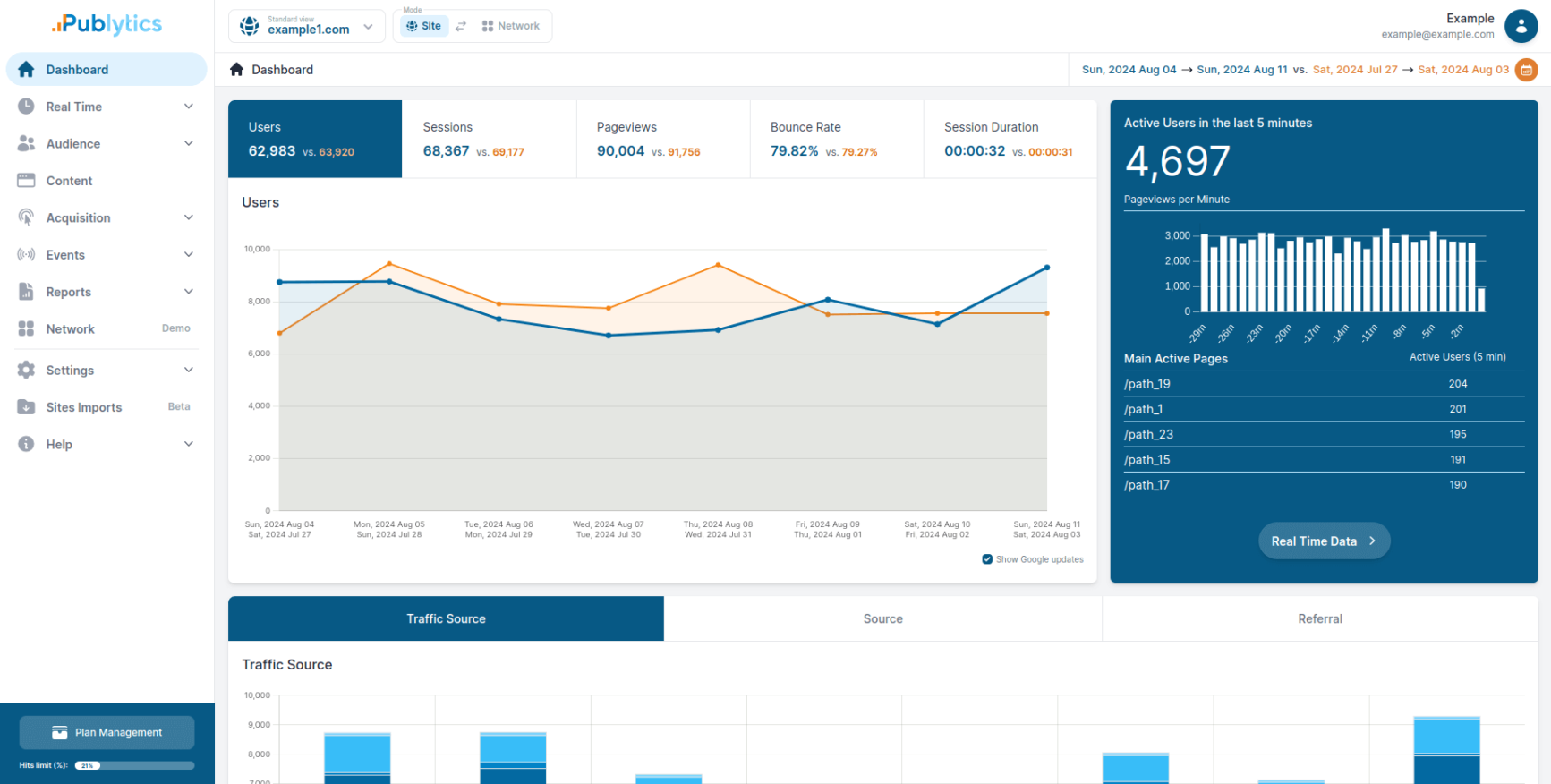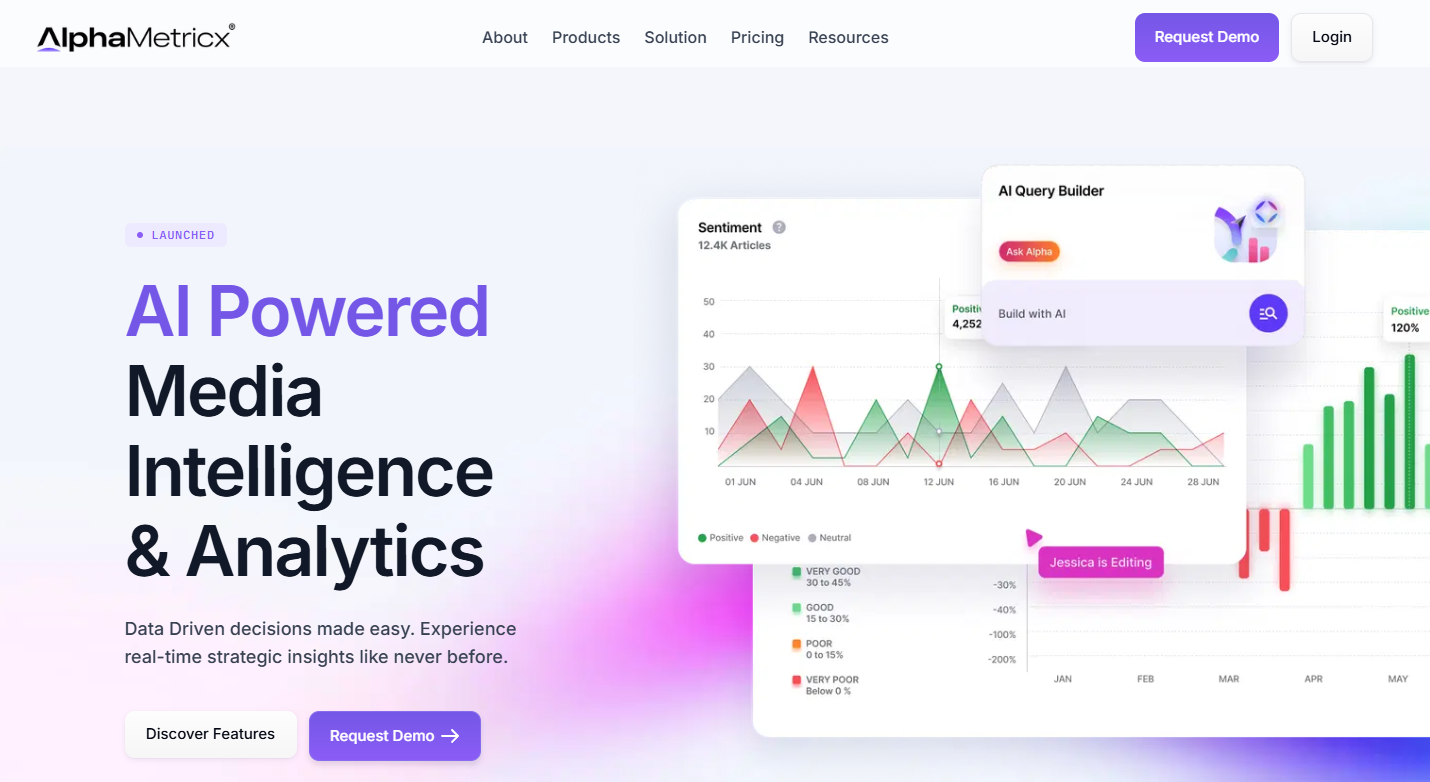It’s been something of an odd week, as concerns about the dour economic outlook encouraged further job cuts in the publishing industry.
Vox Media — which publishes Vox, The Verge and the New York Magazine, among others — announced on Friday that it had laid off 7% of its workforce. Vox joins a growing list of media groups to swing the ax on the job front. We’ve seen layoffs from the likes of CNN, NBC, MSNBC and Dow Jones (to name a few) in recent months.
I say “odd” because after months of listening to financial institutions warn that the prospect of a recession was a done deal — which should have been enough for all publishers to conduct some sort of efficiency review — it now appears that pen hasn’t quite been put to paper on that front.
Not so Glum?
Financial services multinational JPMorgan Chase has revealed that the odds of an economic downturn are now sharply lower than they were just a few short months ago.
“Most asset classes have been steadily pricing out recession risks helped by China reopening, the collapse in gas prices in Europe and larger than expected inflation downshifting in the US,” JPMorgan strategist Nikolaos Panigirtzoglou told the AFR. “The market expects a much lower chance of recession than it did back in October.”
Indeed, talk at the World Economic Forum (WEF) in Davos last week suggested that different regions would experience more localized economic trends. The Middle East and North Africa (MENA) and South Asia regions are expected to witness “moderate or strong growth”.
Publisher Perspective
So, what does this all mean for publishers? It’s tough to say at this point and, honestly, I think the moves publishers are making to trim their expenses remain the correct ones. Better to be lean in a time of plenty than the reverse.
And yet the ongoing economic uncertainty does cast industry poster child Morning Brew’s recent acquisition of digital media startup Our Future, which produces short-form business video content, in a new light.
Morning Brew, which launched in 2015 and has since wracked up 4 million subscribers to its main newsletter, is widely regarded as a breakout success in the digital publishing industry. Axel Springer acquired a majority stake in the publisher for $75 million in 2020.
Since its acquisition, the publisher has been clear that it’s not just an email newsletter company and this acquisition should certainly help with that. From a strategic perspective the acquisition makes a lot of sense, given younger audiences’ preference for receiving news via social media.
What’s interesting is the timing, however.
Positing for Growth
The announcement of the acquisition came just days after the World Bank issued a warning over the prospects of global recession. On the surface then it seems Morning Brew is positioning itself to diversify its growth opportunities regardless of the economic uncertainty.
Content from our partners
I wrote before the end of year break about the need for publishers to consider their growth strategies once they’d found their optimum model.
Given that 2023 will see some level of economic volatility (how much is anyone’s guess) then preparing for the worst makes sense. It’s also important not to lose sight of new opportunities as they appear.










